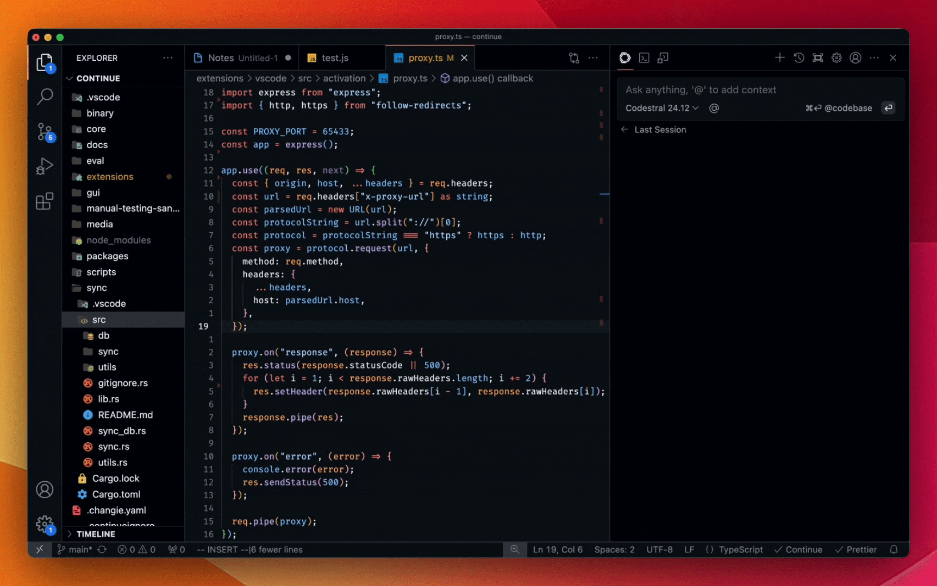The US Department of Justice (DoJ) and Federal Trade Commission (FTC) have reached an agreement on how to divide the ongoing inquiries into the roles played by NVIDIA, Microsoft, and OpenAI in the artificial intelligence industry to find if any of these players have committed violations of monopoly laws. Under the reported deal, the DoJ will lead the investigation into NVIDIA's potential engagement in anti-competitive practices.
In parallel, the FTC will look into OpenAI and Microsoft to investigate, among other things, Microsoft's role as OpenAI's biggest investor, as well as the recent deal Microsoft struck with the startup Inflection AI. The FTC had already signaled interest in looking into potential antitrust issues this January, when it sent letters to Alphabet, Amazon, Anthropic, Microsoft, and OpenAI, ordering companies to provide up-to-date information on recent investments and partnerships with generative AI companies and cloud service providers.
Moreover, this is not the first time that the FTC has investigated OpenAI, as the company is already under investigation for its data collection practices and publication of false information. Likewise, the FTC isn't the only regulator looking into Microsoft's partnerships and investments in smaller AI startups. The UK's Competition and Markets Authority recently opened invitations to comment on whether the Microsoft and Mistral AI partnership and the arrangement between Microsoft and Inflection AI could hurt competition within the foundation models market in the UK.
NVIDIA had yet to appear in any antitrust investigations in the US. However, the company has already been targeted by France's competition authority. Currently the dominant AI chipmaker, NVIDIA recently surpassed Apple and became the world's second-most valuable company on Wednesday.
News of the ongoing investigations does not mean regulators are pressing charges or opening cases against the companies under scrutiny. Whether the current processes escalate or not will likely depend on the findings uncovered by the agencies. However, the fact that the FTC and the DoJ are cooperating to cover more ground in less time could mean that the FTC already sees potential for further actions. It has been apparent for some time now that regulators worldwide have been struggling to keep up with the dizzying pace at which the AI industry has been moving. Thus, competition authorities like the FTC must move fast to ensure that the most powerful AI companies are not in complete control of the market.





Comments